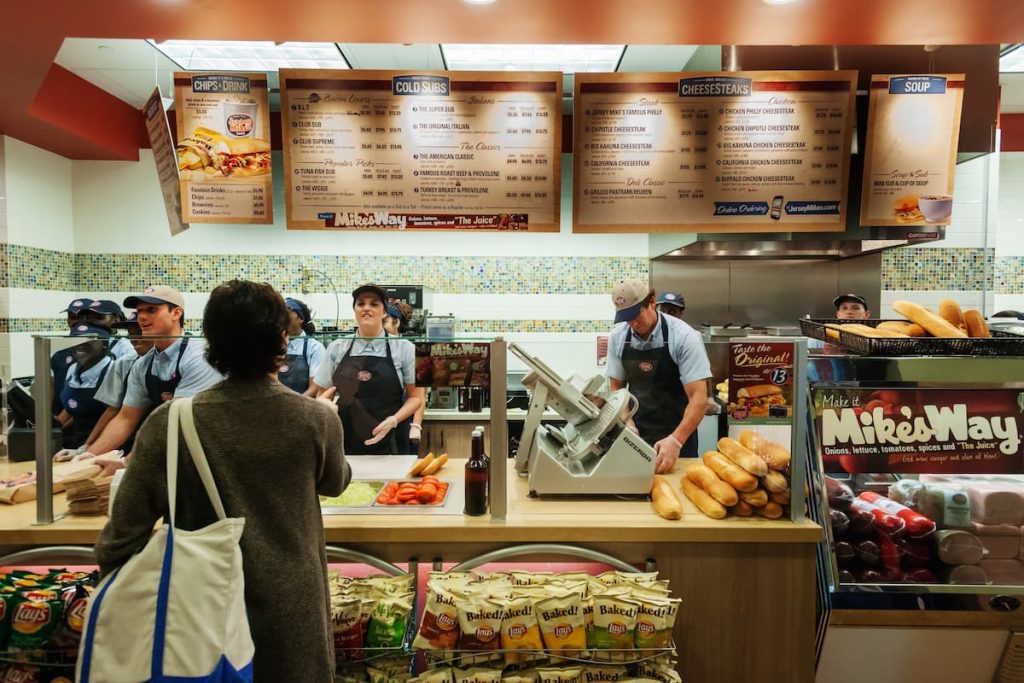Rising Costs and Weak Job Growth Undermine Confidence
A new Associated Press–NORC Center for Public Affairs Research poll reveals that Americans are growing increasingly anxious about their financial security and job prospects under President Donald Trump. Nearly half of U.S. adults — 47% — say they are “not very” or “not at all confident” they could find a good job if they wanted to, up from 37% a year ago. The findings come amid persistent inflation, hiring freezes, and a federal shutdown that have stalled hopes of an economic rebound.
High prices for groceries, housing, and health care remain key concerns. Over half of respondents identified grocery costs as a “major” source of financial stress, while 40% cited housing and medical expenses. Electricity and gasoline costs are also fueling anxiety, with 36% calling utility bills a major source of stress as AI-driven data center expansion threatens to push energy prices even higher.
Public Doubts Trump’s Economic Promises
The poll underscores a growing vulnerability for Trump, who campaigned on restoring economic confidence but has faced criticism over tariffs and layoffs. Just 36% of adults approve of his handling of the economy, a figure unchanged since earlier this year. Among Republicans, 71% say they approve — a level of support notably weaker than Democrats’ approval of President Biden’s economy at a similar stage in 2021.
Some voters who backed Trump now question his economic decisions. “I think he’s doing a great job on a lot of things, but I’m afraid our coffee and chocolate prices have gone up because of tariffs,” said Linda Weavil, 76, from North Carolina. “That’s a kick in the back of the American people.”
Despite Trump’s promise to “tame inflation,” the poll suggests Americans still feel squeezed. Monthly job gains have slowed dramatically to fewer than 27,000 since the administration’s April tariff announcements — a stark contrast to the strong hiring seen during Biden’s presidency as the nation recovered from pandemic shutdowns.
Electricity Costs Emerging as a New Stress Point
Inflationary pressures are increasingly tied to energy costs. The administration’s decision to cancel funding for renewable energy projects and impose tariffs on imported equipment has added costs to the power sector, even before widespread AI infrastructure buildouts begin.
“I’ve got to be pessimistic,” said Kevin Halsey, 58, of Illinois, who saw his summer electricity bills triple from $90 to $300 despite having solar panels. “I don’t see this as getting better.”
While 36% call electricity prices a major worry, another 40% describe them as a “minor” stress, and 23% say they are not a concern — suggesting rising costs have not yet hit all households equally.
Middle-Class Pressure and Long-Term Financial Anxiety
The survey paints a broader picture of economic strain. Sixty-eight percent of adults describe the U.S. economy as “poor,” and only 12% say their families are “getting ahead.” More than half say they are struggling with the cost of daily essentials, while 63% express little or no confidence in being able to buy a home.
Younger Americans feel the sharpest pinch: about eight in ten adults under 30 say they doubt they could afford a house, compared to six in ten over 60. For 36-year-old Unique Hopkins of Ohio, who works two jobs to support her family, the stress feels constant. “I can barely tread water,” she said. “It’s his way or no way — nobody is going to unite with Trump if it’s all about you, you, you.”
The AP–NORC poll surveyed 1,289 adults from Oct. 9–13. The margin of error is ±3.8 percentage points. While economic indicators like GDP growth and low unemployment remain stable, the poll highlights a disconnect between official data and how Americans feel — a warning sign for Trump and Republicans heading into the 2026 midterms.


